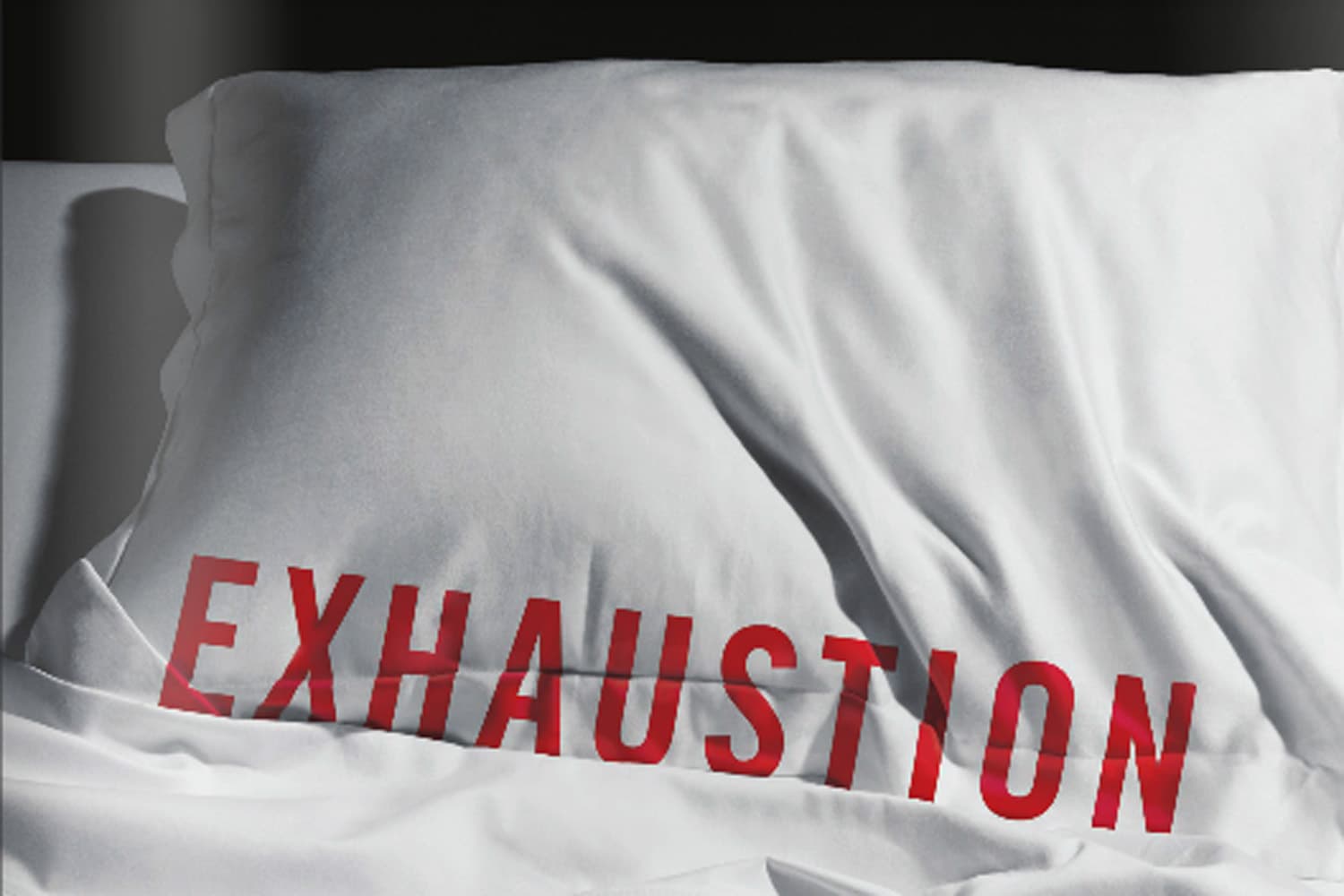Advertisement
Feeling Exhausted? Historically, You’re Not Alone
ResumeThe history of exhaustion: from the Greek humors to smartphone stresses.

It’s August. Summertime. If you’re lucky, vacation time. We’re supposed to be refreshing, refreshed. But look across the year and think how often people say they’re exhausted. Too much work. Too hectic a schedule. Too many texts rolling in, emails to answer. Away from vacation – and maybe even on it! - are we more exhausted today than our ancestors? And what exactly is that feeling of exhaustion anyway, when it’s something more than too little sleep? This hour On Point, sizing up exhaustion. — Tom Ashbrook
Guests
Anna Katharina Schaffner, reader in comparative literature and medical humanities at the University of Kent. Author of the new book, "Exhaustion: A History."
Dr. Alex Lickerman, general internist and writer. Author of the book, "The Undefeated Mind." Practicing Buddhist. (@AlexLickerman)
From Tom’s Reading List
New Republic: How Exhaustion Became a Status Symbol — "Exhaustion, in popes as in less exalted subjects, is nothing new. But if exhaustion is eternal, our understanding of exhaustion is always changing. Schaffner, who is a lecturer in comparative literature at the University of Kent, shows how each era remakes the condition in its own image, reflecting its medical, technological and cultural developments, as well as its fears. Dangerous precisely because it keeps us from action, exhaustion has for centuries done double duty as a sign of weakness and a badge of honor."
How Stuff Works: Now We're Stressed Out? History Shows It's the Oldest Emotion — "If exhaustion has been with us forever, what does that mean for we moderns? 'An historical perspective can help to counter the sense that our way of life is more detrimental to human wellbeing than those in the past, and to make us feel less alone,' says Schaffner."
BBC News: The man who invented relaxation — "'A much-repeated narrative in the literature is that with the advent of modernity, natural and communal rhythms such as day and night, the seasons, festive holidays, and so on were replaced by unnatural ones that do damage to people's energy economies and also to communal structures,' says Anna Schaffner, the author of Exhaustion: A History."
Read An Excerpt Of "Exhaustion" By Anna Katharaina Schaffner
This program aired on August 16, 2016.